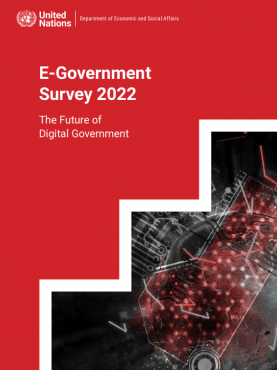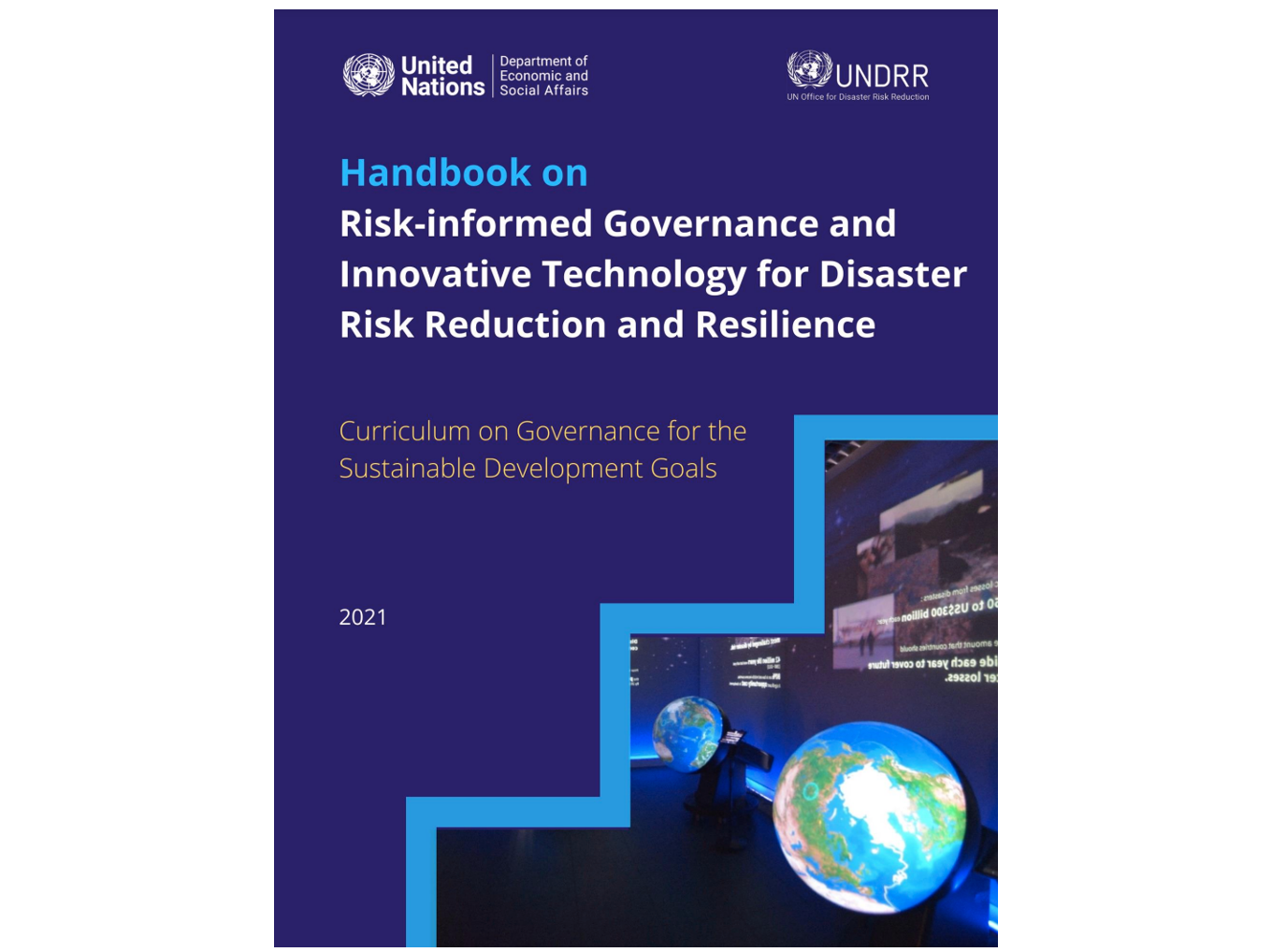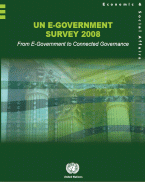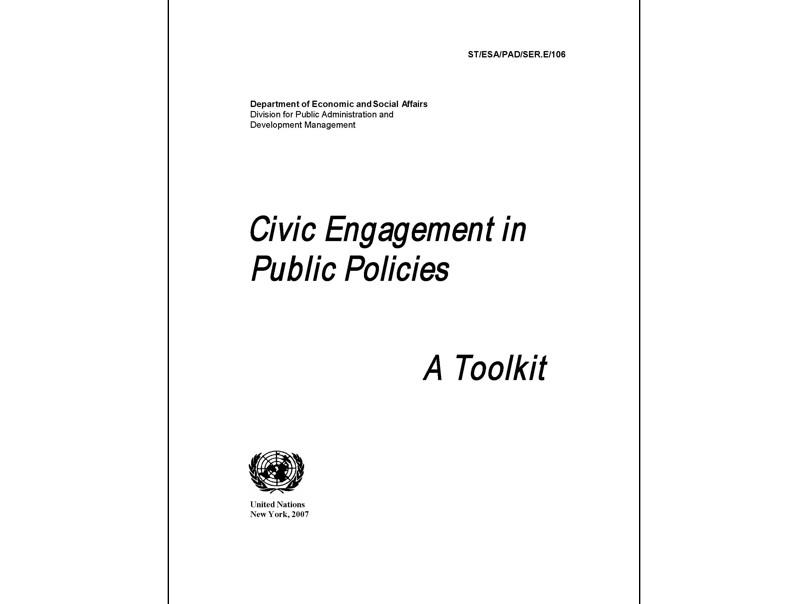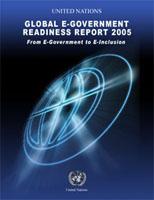| Handbooks | Local Governance
Social Value in Local Governments
Over the last few years, the world has experienced an unprecedented pandemic. At the crossroads of coexistence or co-destruction, nations learned that community-centred thinking and action was needed, breaking away from self-centred behaviour. This…
| Handbooks | Local Governance
Promoting Local Innovation for Inclusion of People in Vulnerable Situations and Leaving No One Behind
Ensuring no one is left behind is the overarching principle of the 2030 Agenda for Sustainable Development. Achieving that goal entails taking bold and accelerated actions to end extreme poverty, curb inequalities, confront discrimination and fast-…
| Handbooks | Local Governance | Public Institutions
Fostering Collaborative Public Administration for Local Governments
This handbook explains the concepts, attributes and approaches of collaborative administration and specifically introduces practical cases of collaborative public administration in local governments in the Republic of Korea. Collaborative public…
| Handbooks | Local Governance | Public Institutions
Strengthening Resilience in Cities and Local Communities Through Innovation and Digital Government
This handbook introduces the reader to concepts, approaches, tools, exercises and innovative cases to Strengthen Resilience in Cities and Local Communities through Innovation and Digital Government. The handbook guides the reader towards roadmaps,…
| Handbooks | Sound Policymaking | Supreme Audit Institutions
Handbook on strengthening budget credibility through external audits
DPIDG/UN DESA is collaborating with the International Budget Partnership (IBP) to support Supreme Audit Institutions in conducting analyses of the credibility of government budgets through external audits (SDG16.6.1).“Strengthening Budget…
| UN E-Government Surveys | Digital Government
UN E-Government Survey 2022
The United Nations E-Government Survey 2022 is the 12th edition of the United Nations’ assessment of the digital government landscape across all 193 Member States. The E-Government Survey is informed by over two decades of longitudinal research,…
| Handbooks | Digital Government | Public Service Innovation
Handbook on how to design and implement One-stop-Shops to promote better service delivery and implement the Sustainable Development Goals
This Handbook, prepared by UN DESA/DPIDG, provides local and national governments with a set of conceptual approaches, practical strategies, and tools to improve the delivery of public services through citizen centric One-stop-Shops (OSS). It…
| Handbooks | Digital Government | Public Service Innovation
Handbook on Risk-informed Governance and Innovative Technology for Disaster Risk Reduction and Resilience
This Handbook is developed based on the Traning of Trainer Toolkit on Risk-informed Governance and Innovative Technology for Disaster Risk Reduction (DRR) and Resilience. The overall learning outcome of this training toolkit is to meet the…
| Handbooks | Digital Government
Digital Government Capability Assessment
The Digital Government Capability Assessment (DGCA) is a six-dimension framework of enablers to engage governments in discussions towards digital government transformation. Considering that digital government requires a multifaceted response from…
| UN E-Government Surveys | Digital Government
From E-Government to Connected Governance
From E-Government to Connected Governance
The UN E-Government Survey 2008: From E-Government to Connected Governance assesses the E-Government Development of the 192 Member States of the UN according to a quantitative composite index of e-readiness…
| Handbooks | Participation and Accountability
Civic Engagement in Public Policies: A Toolkit
This toolkit highlights emerging innovative processes, methods and mechanisms that foster the engagement of civil society, the private sector and citizens in general in public policies. It aims to assist governments, civil society and other relevant…
| UN E-Government Surveys | Digital Government
From E-Government to E-Inclusion
From E-Government to E-Inclusion
The spread of information technologies to a select group of people in the world is worsening disparities between the e-haves and the e-have-nots. There is a danger that unequal diffusion of technology, far from…
 Bienvenidos a las Naciones Unidas
Bienvenidos a las Naciones Unidas
